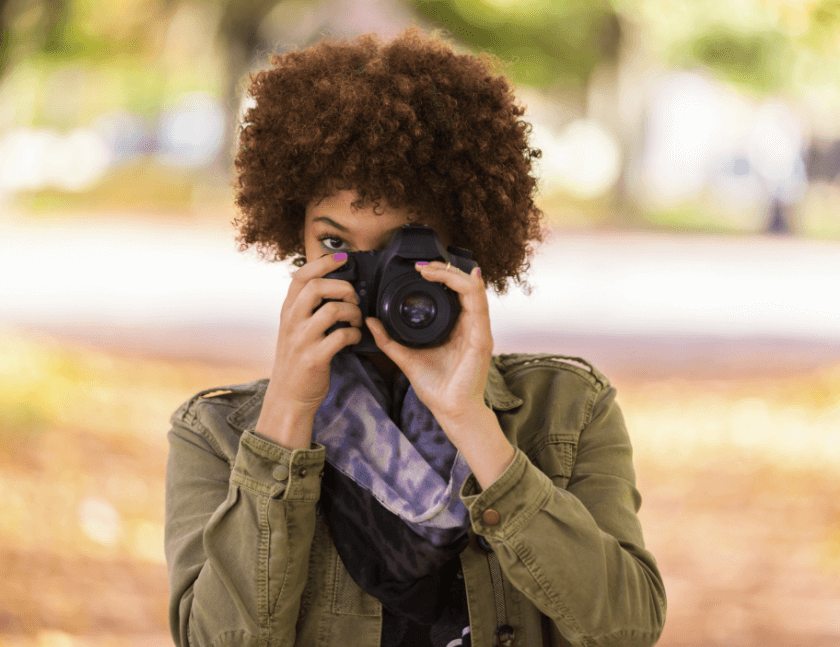
The everlasting debate between film photography and digital photography has been running for decades, with snip bits of their advantages popping now and then over the internet. This makes it all the more difficult for photography starters to decide and commit upon either of the two. We have here highlighted some of the interesting features both to give you the honour to pick the winner! Read on.
What is regular photography?
Also known as film photography or analogue photography does not possess any type of sensor but uses instruments, such a light to generate the right focus. The films used in non-digital camera types are made up of silver halide crystals that make up each film’s emulsion. The film is exposed to light in a camera, which creates a latent image made visible by immersion in a solution of chemicals known as ‘developer’.
What is digital photography?
Cameras employing digital photography have moved way past the use of films and can take photographs even in the dark. Digital photographers can use a range of computer applications to create presentations, newsletters, magazines, and a lot more. This is also referred to as instant photography and can allow you to see the captured image on the built-in LCD screen. It uses processes of electronic and computing appliances to capture, create, edit and share digital images or photographs. The three main components of digital photography are:
- Electronic or digital cameras
- Computing devices
- Digital photography software

Difference between normal and digital photography
Digital photography can be considered as a one-time investment, whereas the non-digital version entails buying of films as per the requirement. This implies that digital photography is much less expensive due to its reusable nature. Again, the quality of photographs depends on the accuracy at the time of film rolling but digital photography does not rely on surprises and does not leave any scope for mistakes.
Physical printing is yet another issue that you will not have to deal with digital photography, whereas it is a compulsory step for film photography. Although the old school, analogue photography relieves you from being present on-screen at all times. This particular advantage of the reduction in screen time and therefore electricity gives film photography an upper hand over digital photography.
No matter the type of photography you choose to specialise in, you must not refrain from developing photographic thinking and keep looking harder, noticing more, observing deeper, and remembering to the core. To know more about the various approaches of photography that are available, add a photography course to your academic career. Choose to enhance your career with HNC photography course today!

